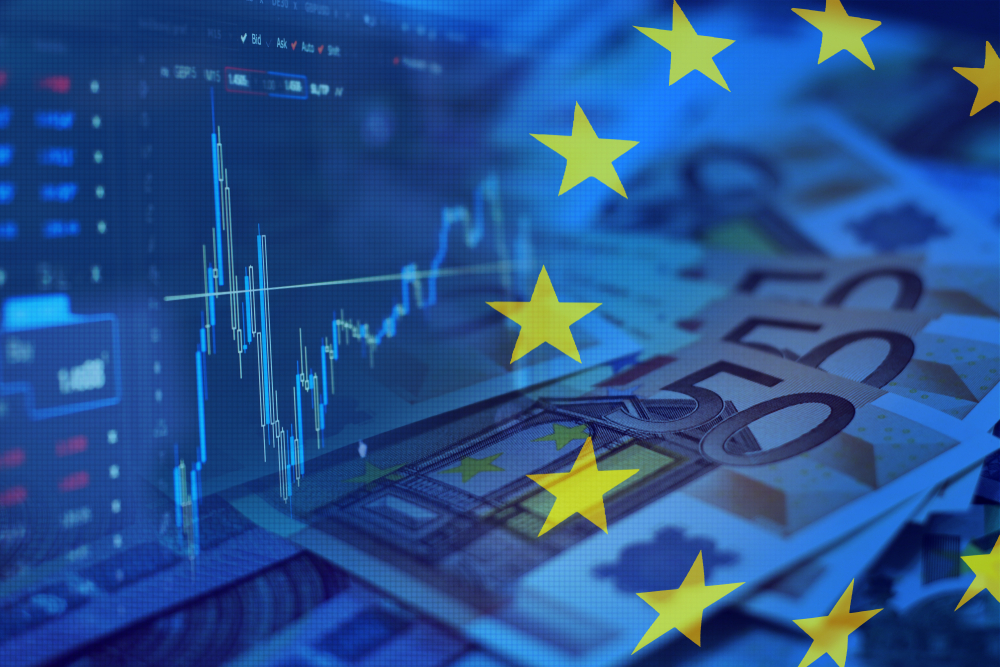
The European Union has taken a decisive step in shaping the future of artificial intelligence by releasing its first draft of regulatory guidance for general-purpose AI (GPAI) models. This draft, part of the broader AI Act that came into force in August, is designed to address the challenges posed by advanced AI systems and lay the groundwork for responsible AI governance. Stakeholders have until November 28 to provide feedback on the draft, with finalized rules expected by May 2025.
Key Guidelines for Transparency and Accountability
The 36-page document introduces several critical measures aimed at ensuring transparency in AI development. Companies like OpenAI, Google, and Meta, likely to fall under the GPAI regulations, are required to disclose the data sources and web crawlers used to train their models. This move addresses longstanding concerns about copyright compliance and ethical data usage.
To combat risks such as cyber threats, discrimination, and unintended AI autonomy, the draft emphasizes a Safety and Security Framework (SSF). This framework mandates AI developers to adopt proportional risk management strategies, implement failsafe access controls, and reassess their systems continuously to maintain safety and integrity.
Technical and Governance Focus
The draft also covers technical measures, such as safeguarding model data and mitigating systemic risks. On the governance side, it calls for accountability within AI companies, requiring ongoing internal assessments and the involvement of external experts to strengthen oversight.
Hefty Penalties for Non-Compliance
The consequences of ignoring the AI Act are severe. Companies could face fines of up to €35 million or 7% of their global annual profits, whichever is higher, making compliance a priority for AI developers operating within the EU.
A Collaborative Approach to Regulation
As the EU shapes its final regulations, input from industry stakeholders is critical. Feedback on the draft can be submitted via the Futurium platform, ensuring that the rules are both practical and robust.
This initiative underscores the EU’s commitment to responsible AI development, offering a blueprint for other nations navigating the complexities of AI governance.
For more details, visit the full article on Engadget.




